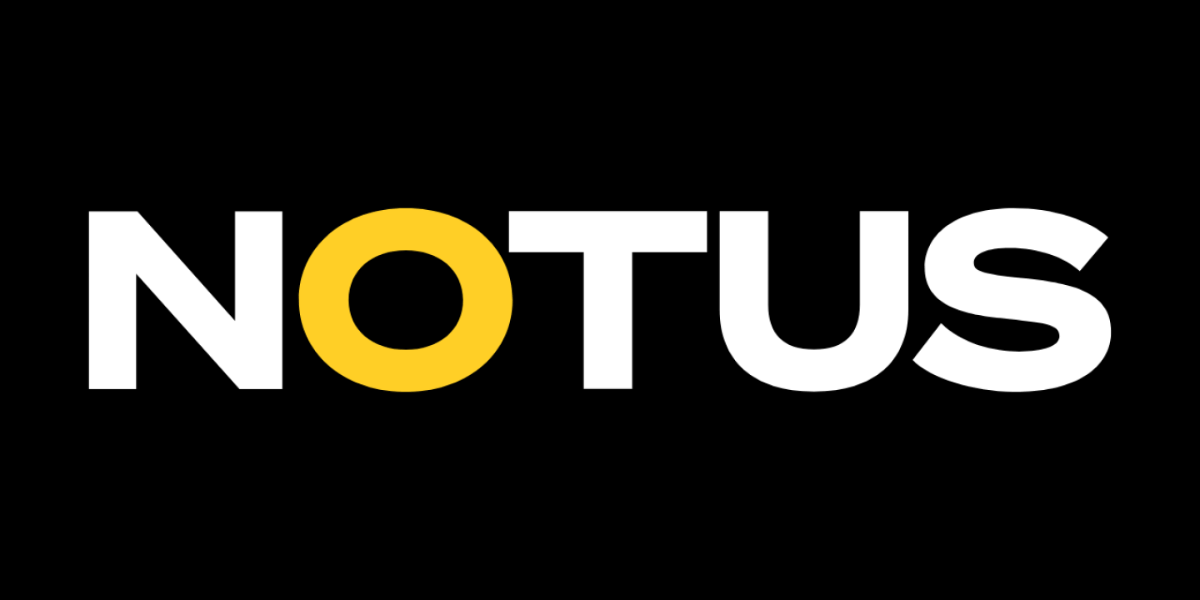WASHINGTON, D.C. (NOTUS) — When White House press secretary Karoline Leavitt’s failed congressional campaign amended its filings last week — revealing that she appears to have received hundreds of thousands of dollars in excessive donations that she never paid back — the campaign also revealed that it broke another fundamental rule of political fundraising: don’t take money from businesses straight to the bank.
Before spending donations from businesses, campaigns are supposed to do due diligence to make sure the contribution is allowable. But according to years of reprimanding letters from the Federal Election Commission, Leavitt’s campaign frequently failed to follow these basic legal guidelines. And now, as Leavitt takes the briefing room podium, her unsuccessful campaign from 2022 still owes businesses tens of thousands of dollars.
New FEC records that Leavitt filed last week show that her campaign still owes about $38,000 in refunds to nearly 30 companies. And ethics experts said these debts to businesses raise serious questions about why her campaign ever cashed these checks in the first place, let alone subsequently failed to pay the money back for years.
It’s also yet another wrinkle in the outstanding debt — $326,370 in total — that Leavitt’s campaign owes to donors, companies and vendors.
Under the law, the refunds to both excess donors and companies should have been issued within 60 days. But years later, the debts remain unpaid, according to the new records, after the campaign last week amended every campaign finance report it had ever filed.
Leavitt’s debts to businesses don’t appear to fall into the category of automatically banned corporate contributions. Campaigns can accept donations from LLCs if those contributions are attributed to individuals. But across years of filings, the campaign frequently failed to disclose who the LLC was attributing the donation to and didn’t return the money when it failed to assign the money, which is illegal.
It’s why the campaign owes many of these businesses refunds — only the campaign doesn’t have any money to pay back the businesses.
Leavitt’s campaign reports that it only has about $8,000 in cash on hand. (In another odd disclosure, the campaign wrote in its latest filing that it believes this reported number is “low by approximately $4,000,” though it is still trying to work out the discrepancy.)
Regardless, a spokesperson insisted to NOTUS that Leavitt hadn’t done anything wrong.
“We’ve already provided a clear statement and it’s ridiculous we have to do this again for a click bait story very conveniently timed with Karoline’s new role as White House Press Secretary,” said Erin Perrine of Axiom Strategies, a consulting firm that the Leavitt campaign still owes $46,748. “As we’ve previously stated, the campaign has followed the FEC’s instructions and there were no acts, errors, or omissions by the candidate.”
(Perrine appears to be serving as a private spokesperson for Leavitt, after previously serving as communications director for Ron DeSantis’ presidential PAC. Perrine also handled a comment request for Leavitt last week, when the campaign amended its filings.)
What Perrine said may technically be correct: It’s possible there were no errors or omissions “by the candidate.” But that doesn’t excuse how her campaign could have made these mistakes — or why it hasn’t remedied the situation.
After years of not returning the money, there are real questions about whether Leavitt ever intends to refund the donations, or whether she simply intends to challenge FEC administrators to do something about it.
A few of the disclosures for the outstanding business donation refunds note “best efforts to collect data,” or an individual attribution, but the majority do not provide this legally mandated information.
For example, the campaign owes a $5,800 refund to Hampton Household Expense LLC, which had already been dissolved by the state at the time of the donation, according to New Hampshire business records. (The LLC was not immediately reachable for comment.) The campaign also owes another $5,000 to a Courtyard by Marriott in Portsmouth, New Hampshire, according to the latest finance reports. (The hotel’s manager did not respond to a request for comment.)





